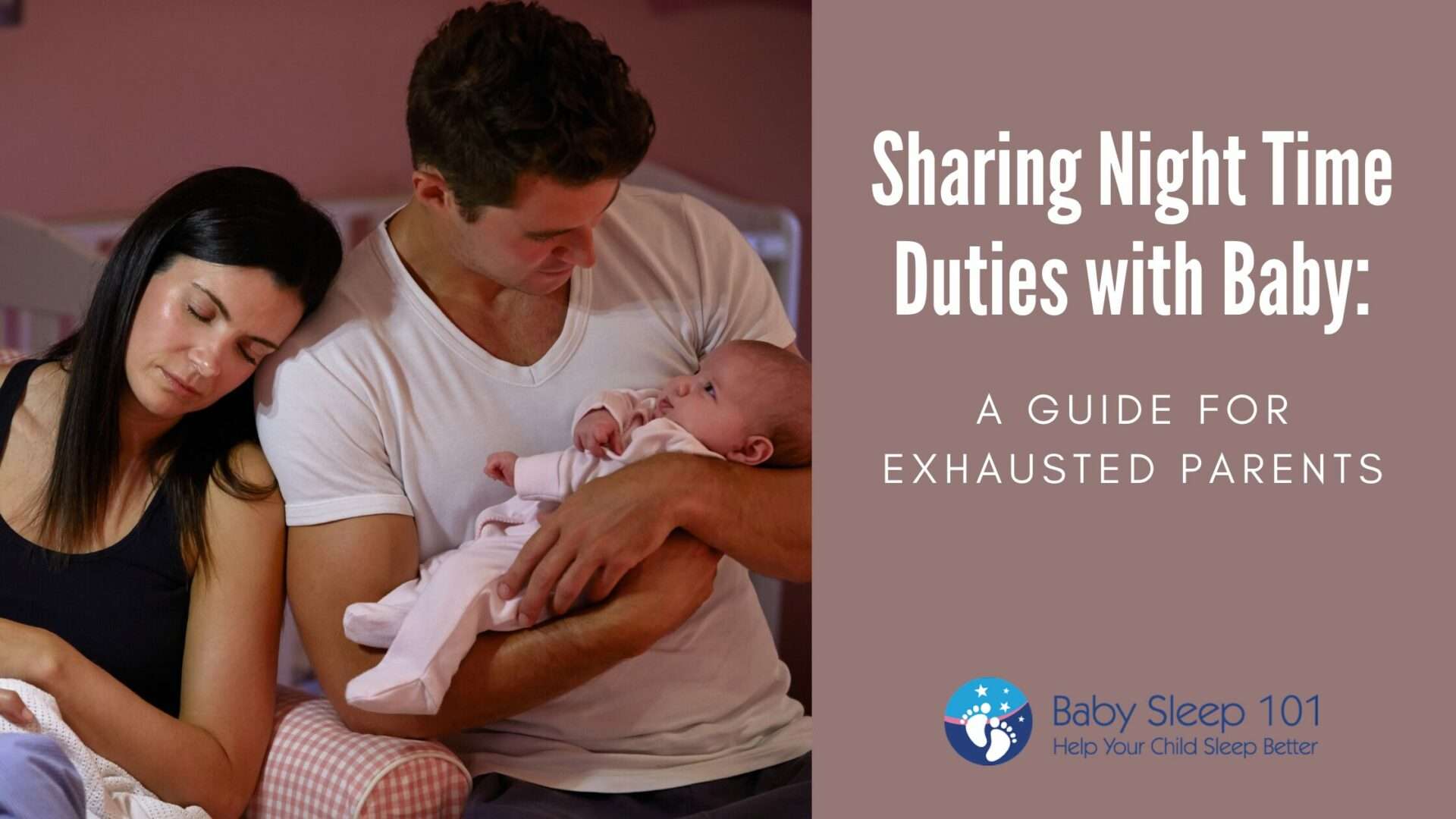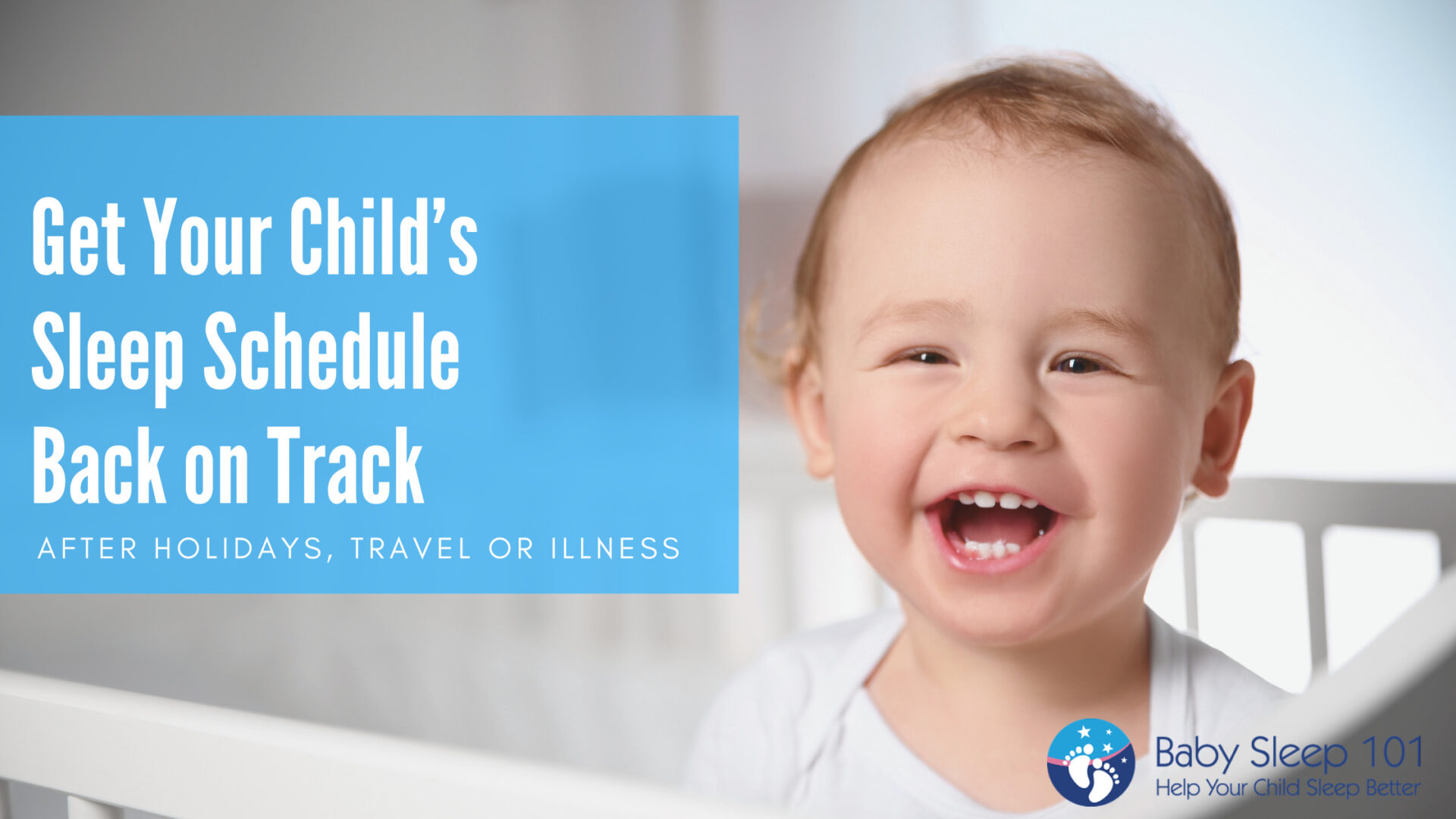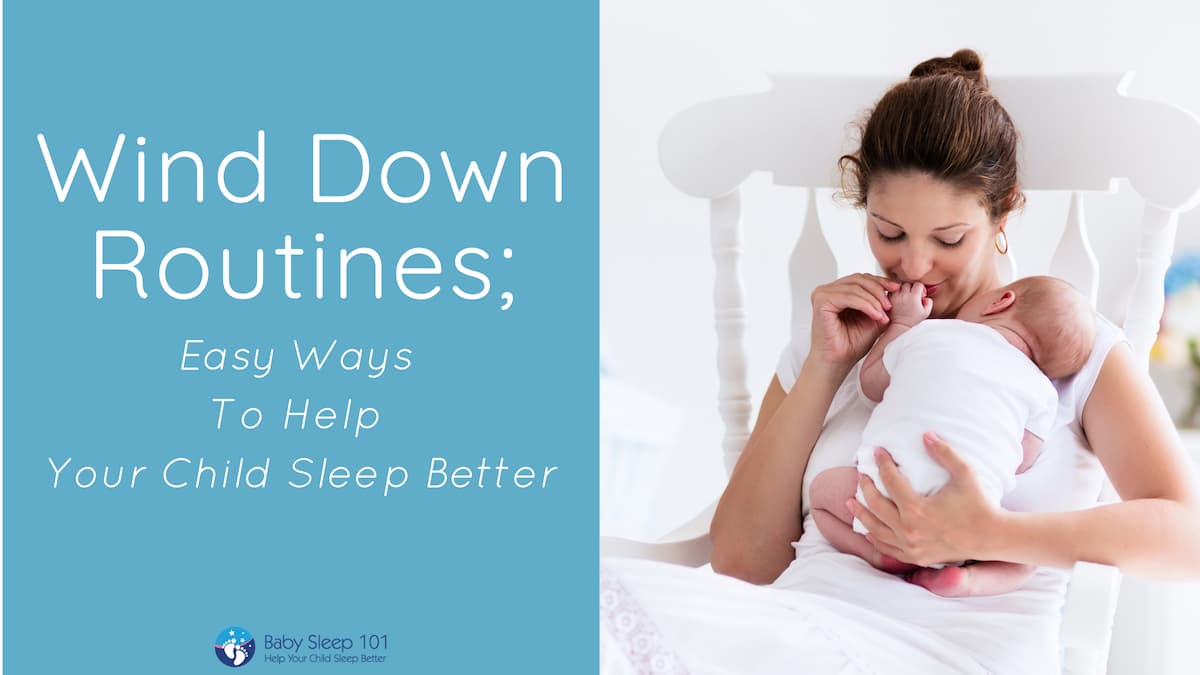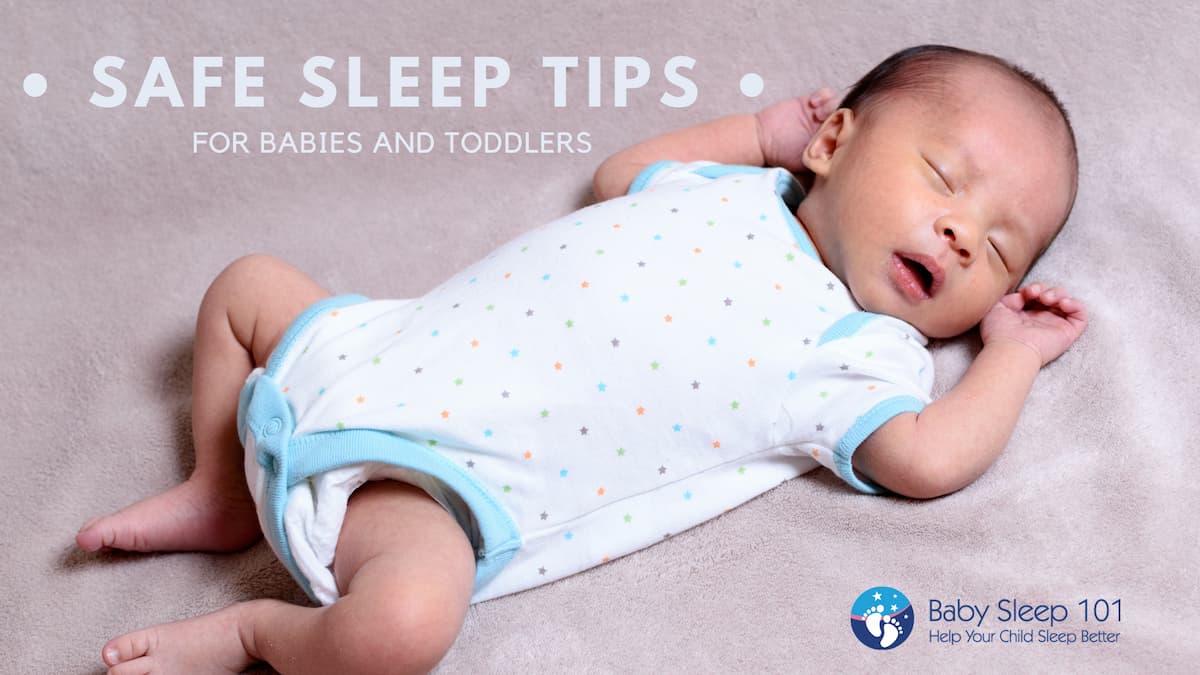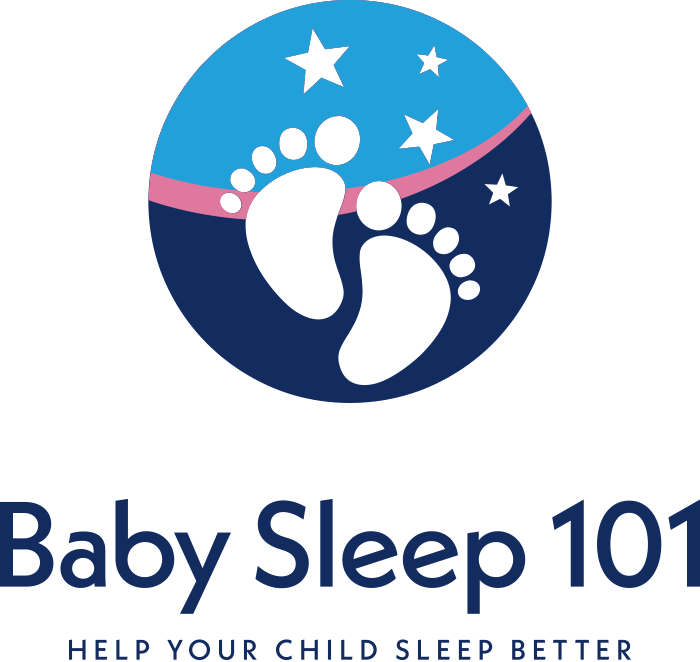11 Month Nap Regression
Finally, it seemed like your baby was settling into a good routine and then BOOM, the 11 month nap regression strikes.
As babies grow and begin to sleep more consistently, many parents feel that they are “out of the woods” in terms of dealing with sleep issues. So you can imagine how frustrated they feel when their little sleeper begins to “regress” and starts skipping their nap or having night wakings.
Overall, I think the term “sleep regression” is widely overused, but I do find there are a few certain key places where it’s appropriate and around 11 months is one of those times.
But first; let’s define what we’re specifically talking about when we use the term sleep regression.
What is a Sleep Regression?
I discussed sleep regression in my post 4 Month Sleep Regression: What It Is and How To Fix It, but here’s a quick refresher:
In order for a child to truly be going through a sleep regression, in my opinion as a sleep consultant, they would have to have been a solid sleeper for at least two months prior.
Anything less than at least two months of a solid sleep routine; long, restorative naps and sleeping 11-12 hours through the night with perhaps a night feed, is not as likely to be a regression.
But let’s say your baby has been a rock-star sleeper from months 8 through 10. Then as she approaches 11 months, you start to notice that she’s fighting naps. IF nothing else has changed-no alterations in her routine, no illness or vacations in the past few weeks, then this could be the 11 month nap regression.
What Causes the 11 Month Nap Regression?
Sleep issues start to creep up around this time due to the fact that your baby is growing stronger, developing and becoming mobile. Many physical milestones occur around 11 months and they can wreak havoc on your baby’s sleep, specifically their naps.
Whereas before your baby used to just lie around looking at the ceiling, she is now crawling, cruising, pulling up, standing or walking independently.
And as she practices these new skills, they are going to tire her out, similar to us adults when we start a new exercise routine. Using new muscle groups intently and frequently now is tough work!
The tricky part is, that because of her age, she will still appear awake and social. Eleven month old babies can tolerate longer wake periods than a younger baby can and they can engage with their environment for longer as well. But now we also factor in a baby who has discovered that she do all these exciting feats, which makes it harder to detect that she’s tired.
Get your free sleep guide here; Help Your Child Sleep Through the Night; 5 Tips Every Parent Needs to Know.
Unfortunately for us parents, if we miss a baby’s just-ready-for-sleep window (which can be hard to detect) and they enter into an overtired state, they can get even more active due to a surge of fatigue-fighting hormones. . Add in all the entertaining and exciting new skills she can do, and she will likely keep herself awake too long if we don’t step in
When we do go to put them down for a nap, they are too wound up to sleep and continue to practice their new skills in the crib.
Talk about being misleading!
What we see on the surface isn’t a reflection of what is going on beneath.
Many parents mistake this behaviour as an indication that their child needs fewer or shorter nap times, but reducing rest periods, when the children is exhausted, is a one-way ticket to disasterville.
When children don’t stick to a consistent napping schedule they quickly begin accumulating a sleep debt; waking up at night and early in the morning. Now we have morphed from a developmental blip to a sleep-debt bomb.
Solving the 11 Month Nap Regression
Ok, so here’s how you get back on track. Let’s diffuse this bomb.
Step One: Start the morning nap earlier
You may be in the mindset that your child is moving towards needing later or even fewer naps, but that’s going to result in more problems. What we can do instead, especially if your child is starting to wake up earlier than 6AM, is to begin the morning nap a little earlier.
For example, if the child woke up at 6AM, and their morning nap is usually around 9AM, then putting them down for a nap around 8:30AM can assist with them settling down quickly and easily.
Step Two: Cap the morning nap
Keep this nap to about an hour in length. Keeping your child’s morning nap shorter, “protects” the afternoon nap by ensuring that your child is ready to sleep for a second nap. It also helps the second nap to not start too late, which if it does, can interfere with their night time sleep.
Step Three: Give your child time to settle down
How exciting it must be to realize you can move yourself, without needing to rely on someone else. From your baby’s perspective, it is much more interesting than napping. This explains why many children will skip their nap and instead practice their new skills during nap time.
If this happens, don’t panic and don’t end nap time prematurely. If they are happy and safe, sit down and enjoy a cup of (decaf) tea. There isn’t anything you can do at this point, so it’s better to give both of you some downtime and it allows them the opportunity to fall asleep.
I know it may not seem like it after a few days of skipped naps, but they will get back on track.
How long? Wellllll, the 11 month nap regression can last several weeks, but if you follow these tips, you may reduce it down to only a few days.
Step Four: Have an age appropriate bedtime
At this age, we’re looking at a wake period of about 3.75-4 hours after a solid second nap. It is also ideal to have it before 7:30pm. If you feel your little one is extremely tired, then you may even put them down closer to 3.5-3.75 hours for a few days and then move it out to 4 hours. If there wasn’t a second nap to base off of, then you’re looking at a stupidly super early bedtime.
Since this regression can last a few weeks, stick with the above advice during this period to help keep on track of any sleep debt issues that may emerge.
Want more help with your child’s sleep? Join me every Wednesday night for a FREE Facebook Q & A session.
Want even MORE free help? Sign up for my Help Your Child Sleep Through the Night; 5 Tips Every Parent Needs to Know.




